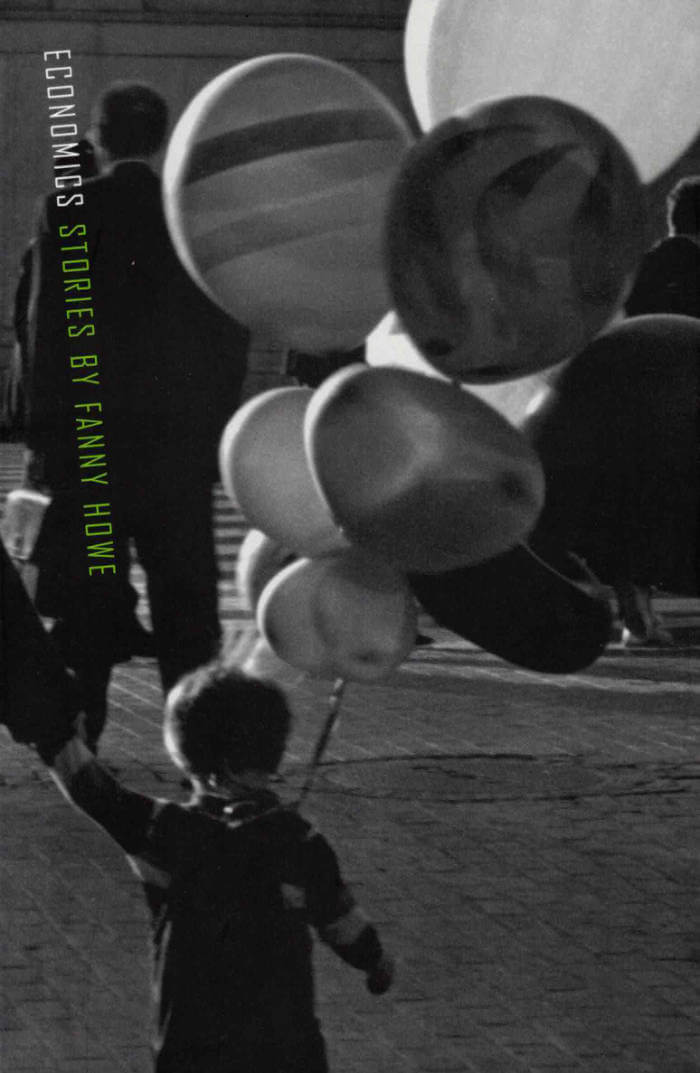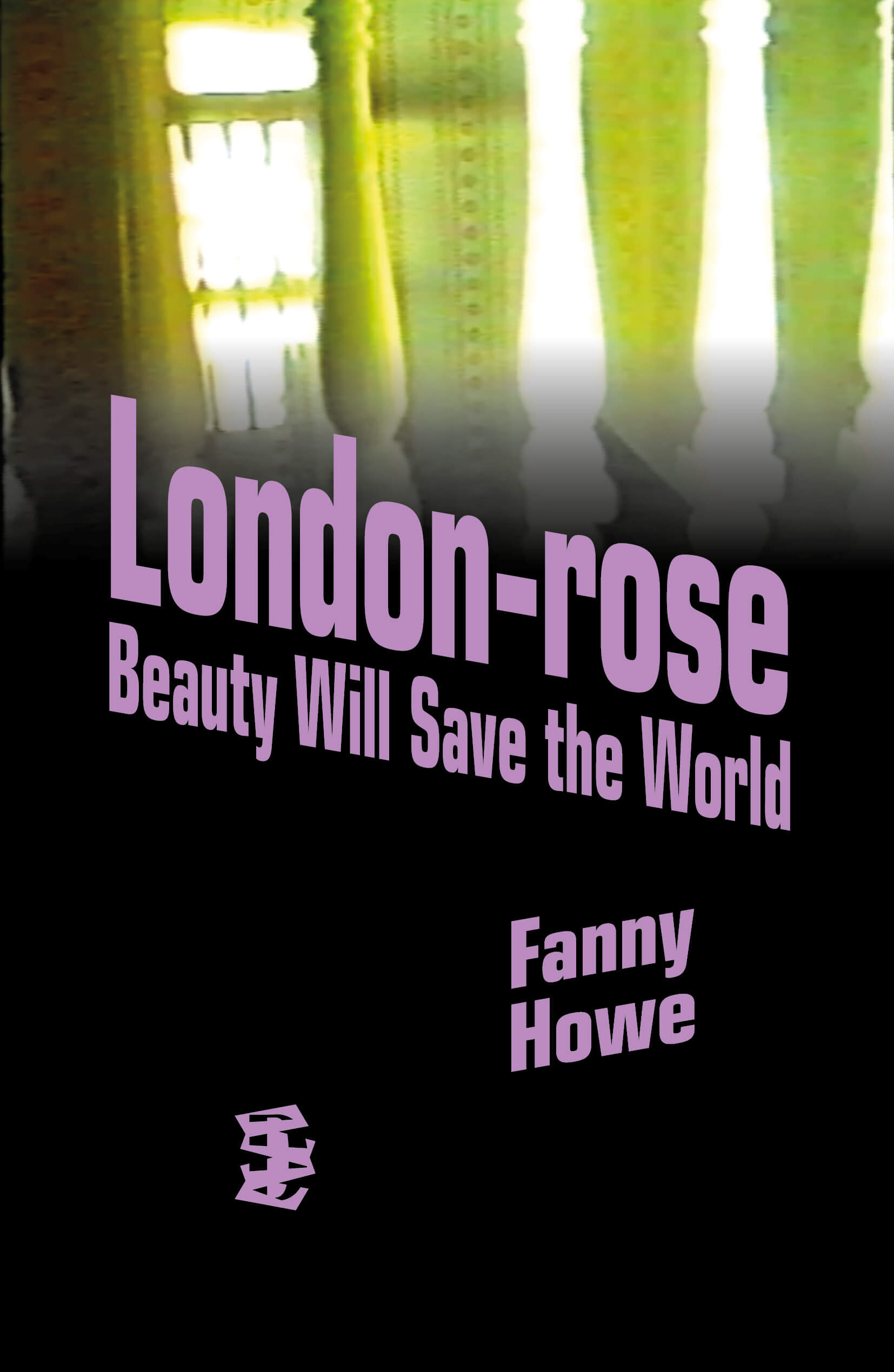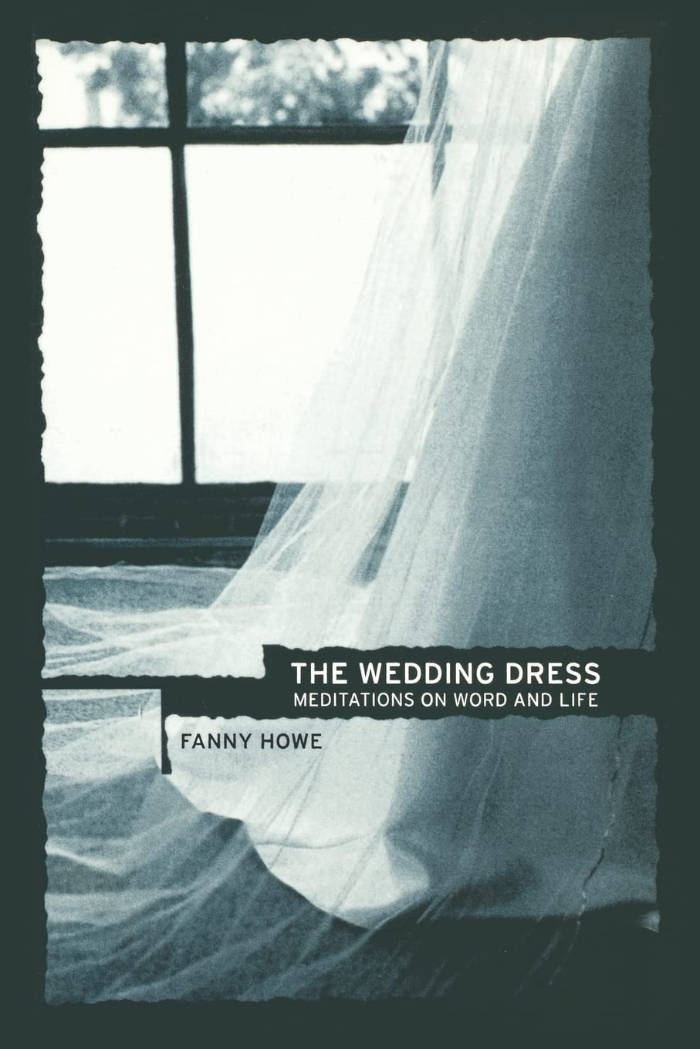Contributions by: Nicole-Antonia Spagnola, Georgia Sagri, John Kelsey, Matthew Pang, Cathy Wilkes, Sarah Rapson, Nick Irvin, Gene Beery, Anne Dressen, Anne Pontégnie, Jacqueline Mesmaeker, Sara Deraedt, Anne Rorimer, Kari Rittenbach, Olga Balema, Maria Nordman, Louise Lawler, Julie Ault, Martin Beck, Adrian Morris, Matt Browning, John Miller, Envers Hadzijaj, Enzo Shalom, Bedros Yeretzian, Morag Keil, Helmut Draxler, Gianna Surangkanjanajai, Steve Cannon, Rae Armentrout, Zoe Hitzig, Pierre Guyotat, Lola Sinreich, Fanny Howe, Hélène Fauquet, Marie Angeletti, Richard Hawkins, Andy Robert, Alexander García Düttmann, Daniel Horn, El Hadji Sy, Henrik Olesen, Aurélien Potier, Richard John Jones, Stéphane Barbier Bouvet, Nora Schultz, Peter Fend, Megan Francis Sullivan, Jill Johnston, Sturtevant, Tonio Kröner, Bernard Bazile, Pierre Bal-Blanc, Jérome Pantalacci, Gérard Traquandi, Gladys Clover, Maria Wutz, Jimmie Durham, Richard Sides, Camilla Wills, Michael Callies, Steven Warwick, Matthew Langan-Peck, Dan Graham, Nina Könnemann, Hans Christian Dany, Valérie Knoll, Win McCarthy, Eleanor Ivory Weber, Anna Rubin, Heji Shin, Michèle Graf & Selina Grüter, Inka Meißner, Simone Forti, Morgan O’Hara, Angharad Williams, Ye Xe, Lily Van Der Stokker, Yuki Kimura, Peter Wächtler, Eva Steinmetz, Michael Van den Abeele, Marc Kokopeli, Bradley Kronz, Robert Grosvenor, Samuel Jeffery, Charlotte Houette, Adam Martin, Wade Guyton, Chloe Truong-Jones.
Edited by Marie Angeletti with Gianmaria Andreetta and Camilla Wills.
Printed in December 2022.
416 pages, Edition of 840.
© 2022 Claude Balls Int. / the author(s).








